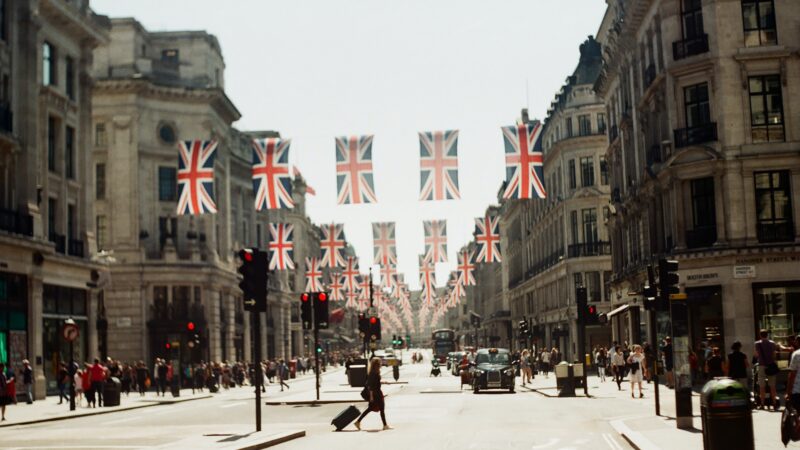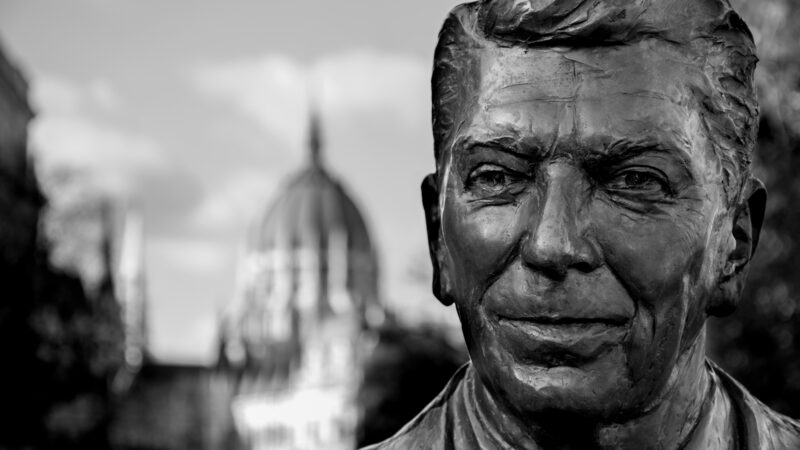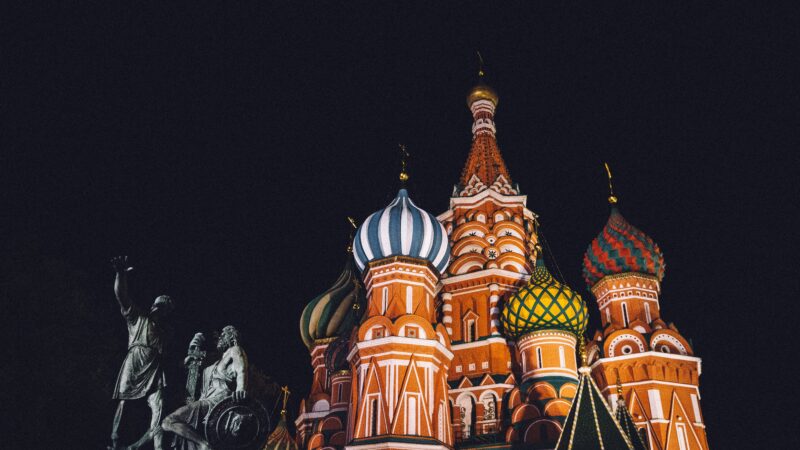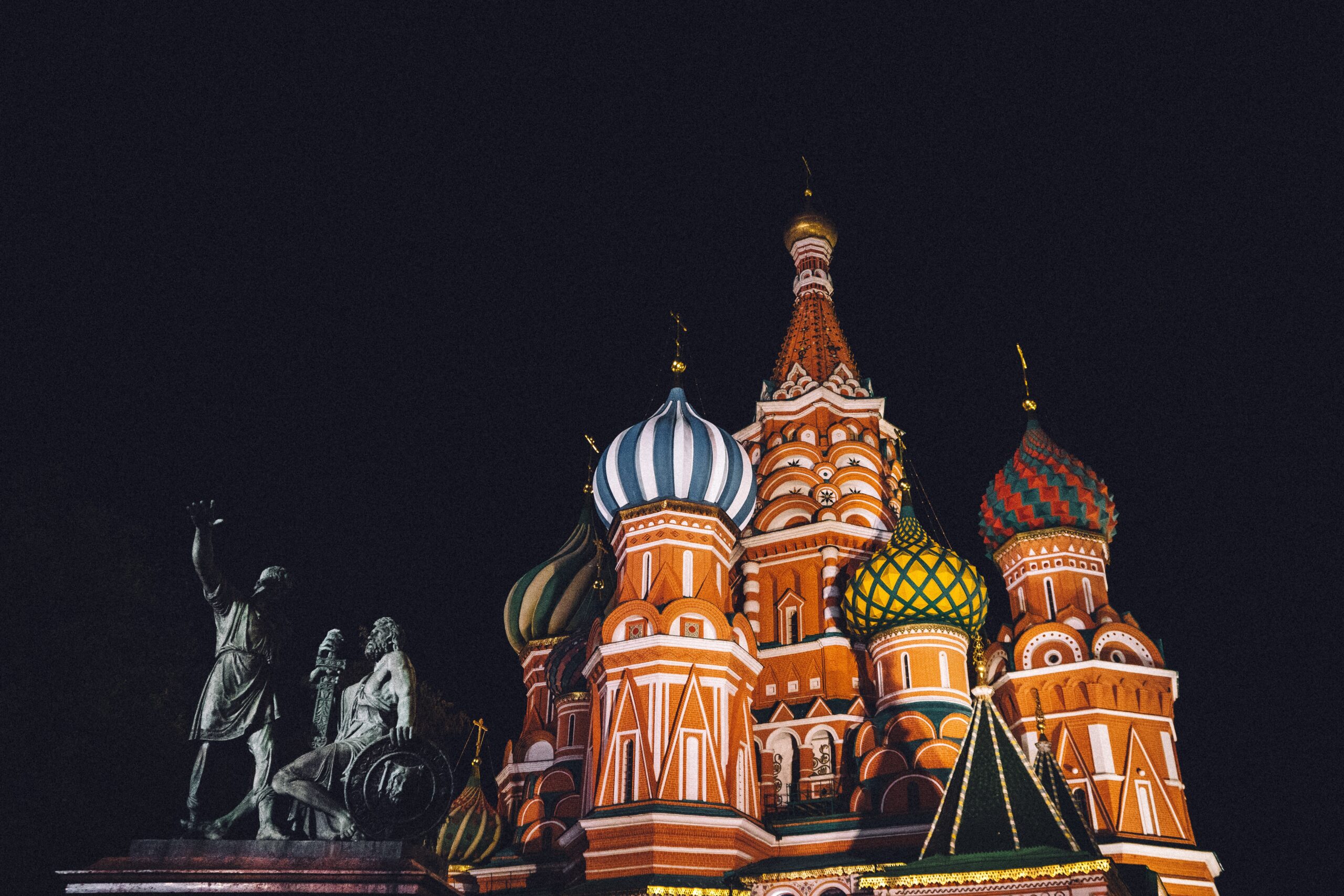Why We Won’t Publish the Word ‘Woke’
As of today, the Mallard is no longer publishing articles that include the word ‘woke’, in either print or online.
Too many submissions, not just to the Mallard, but other publications – have become reliant on this word to explain away current trends that people find unappealing, yet cannot articulate why beyond anything other than this word. It is the responsibility of all outlets to contribute to the public discourse, and when a word, concept, idea, or individual, fails to contribute to the discourse – they have to be removed.
When pundits of the right use ‘woke’, they are using a word spawned by the online Left to denote their being ‘awake’ to the ‘injustices’ of the world, which are usually spawned from an ideological conviction rather than an actual understanding of the complex issues of the world. It suggests these people – the ‘woke’ left – are awake to the things that we are not, as if they have some deep insight that surpasses the average person. It is simply the latest expression of ‘real consciousness’ derived from Marxism.
Of course, we all know that the word is used sarcastically – but to use it at all is to make the eternal mistake of the Right, and to fight the Left on their own terms. We have been making this mistake for seventy years, and to reverse this trend, we need to stop appealing to their language, their values, their goals.
But even when the word is used derisively, it adds virtually nothing. Issues around pronouns and bathrooms pale in comparison to the economic, cultural, and demographic changes brought about by the respective trends of globalism, liberalism, and immigration. There is nothing substantively different in the current cultural trends than in the previous cultural trends. What is happening today should not be described with a new word, because what is happening today is not new. That is the reality of where we are now – ‘woke’ is not sufficiently different from what came before it to really merit a separate topic of discussion. It is just an extension of the logic of the sexual revolution, the Civil Rights era, and the great liberalisation of the last sixty years.
One of our assistant editors, William Yarwood, last year recorded a short podcast begging us to stop calling groups like Antifa ‘fascists’ or the Left ‘the real racists’, and recognise that they are just communists. Stop calling the Left ‘woke’ as shorthand for a broad range of things you just ‘don’t like’.
It is useless to say ‘look, I agree with what they stand for, I just don’t like how they’re going about it’. Then your disagreement is technical, it is not fundamental, so really you’re just the ones putting the brakes on their movement. They will come for you eventually, so you might as well recognise that now.
Calling something ‘woke’ is a lazy caricature that lets (what passes for) the right wing commentariat get away with murder; the liberals of yesteryear are allowed to displace conservative voices in media, politics, and culture. They pretend, in their sarcastic overtones, that leftists are weak and hypersensitive, when in reality they want to put children on hormone blockers, let men into womens’ changing rooms, open our borders to people who hate us, and teach the next generation that they have nothing to gain from the civilisation that birthed them.
These individuals are not weak. These people are not hypersensitive. Instead, they pass laws to put people in prison if they so much as joke about them. The notion these people are weak is a reflection of decades of failure of conservatives to actually do anything about them. If these individuals were weak, they would not find it so easy to break down the barriers that protect the most vulnerable in society: women and children.
These are not just simple activists, by the way. They are in our institutions, running our universities, pioneering our civil service, ‘decolonising’ our curricula, all the while entrenching their culture by building parallel careers that have no real world purpose or function. The massive, tumorous growth of the ‘human resources’ machine has seen to it that busy body unemployable humanities graduates have a reason to exist once more, only now it is self-perpetuating cancer that simultaneously cannot abide the existence of leftist heresy whilst relying on it like a parasite.
And as we see continuously, the online right is just as bad. If there are necessary discussions about poverty, living crises, genuine injustices that actually harm peoples’ lives, the right shrieks ‘woke!’ in such a hypersensitive way that the actual discussion disappears behind parody and caricature. TalkRadio’s infamous Mike Graham recently told an Extinction Rebellion member that we can ‘grow concrete’ in an effort to ‘own the lib’ – to which the XR member, who is stupid for different reasons, was left speechless. By consequence, Mike Graham made XR look reasonable – an own-goal, if ever there was one.
When war broke out in Ukraine, it was necessary for the right to attempt to make sense of it. This was done well in some circles – with people drawing attention to the Realist school Regardless of your thoughts on the Realist school, it was undoubtedly an intellectual contribution to the discourse. If you looked at the mainstream discourse however, you would know nothing of this contribution. Instead, it became another flashpoint to discuss this word, those they associate with it, and how these people were ‘weak’, ‘hypersensitive’ and made it so we were incapable of fighting a war against Putin.
It couldn’t possibly be that nuclear war is a possibility, or even – as the neoconservative lobby implicitly recognises but refuses to admit – that we have nothing to gain from getting involved in the war. No, it must be the woke. We end up in some perverse eternal Spy vs Spy scenario, where ‘woke warriors’ seek out racism/sexism/whateverism in any place they can find it, while the ‘common sense rightists’ only try to define what they consider ‘woke’ to make it work, rather than criticise it on its own grounds.
So we are not publishing the word any longer. Here is a list of publications that are likely interested: The Sun; TalkRadio; The Critic; Compact; Breitbart; GB News. I am sure they will find your work fascinating. We won’t.











The Family Sex Show: Grooming Comes to Britain
I knew Bristol was liberal; the city is famous for it. Me? I have traditional values, I am involved with the Conservative party, and I have been a Christian my whole life. But when I got an unconditional offer to study a course at the University of Bristol which ranked third in that subject, I accepted it without hesitation. Nine months into living here and I have seen advertisements for climate-crisis bake sales, intersectional feminist poetry slams, and students “occupying” the Wills Memorial Building (and subsequently whinging that their vegan Deliveroo wasn’t able to reach them) in solidarity with striking lecturers. However, having nonchalantly followed Bristol’s Tobacco Factory Theatres on Twitter to see if any shows piqued my interest, I saw something that one couldn’t just dismiss as liberal lefty nonsense – this was something truly horrifying.
Tobacco Factory Theatres retweets ThisEgg (a theatre company) promoting their new show, The Family Sex Show (also promoted by The Guardian) The title is possibly alluding to incest, to Red Light District sex shows, and is definitely intended to shock. Already feeling slightly disturbed, I read on. The age recommendation is 5+ and the show description reveals it is intended as “an alternative to porn”. I read on to learn that “there is nakedness, yes. At one point in the show, everyone on stage takes their clothes off…” This is ringing every alarm bell possible.
Posing as “sex education”, the adults involved (who were hastily cast via Twitter only a month ago) don’t seem to know the first thing about safe, age-appropriate sex education. What five-year-old needs an alternative to pornography? Exposure to pornography is often used as a desensitising tactic when grooming children. In defence of this horror show, the website claims that “sexual development and behaviour in children starts from birth”. This is an argument which I have only previously heard from a documentary about PIE (Paedophile Information Exchange) to justify removing the age of consent.
Speaking of consent, which this show claims to teach us all about, I have to question why the “actors” get to choose their level of comfort when stripping. A five-year-old child, however, cannot consent to seeing naked strangers. The only guidance for parents is that they can leave if they feel uncomfortable, yet the theatre manager has written extensively on how the actors will be supported if there was negative feedback. How, I ask, are the “actors” the victims in this situation? This show seems to be all about what the adults want to do in front of the children, convinced that they know best. Cyber-flashing has just become a crime, and yet the cast of The Family Sex Show feel it is their right to flash infant-school-aged children. Many Twitter commenters reminisced over days when “dirty flashers” would be chased off by police. Now, liberal parents pay them ten pounds a ticket to bare all on stage. These people do not deserve to be parents.
My sex education at school took place in Year Six. We were ten and eleven years old and were taught about sex and puberty in an age-appropriate, sensitive, non-embarrassing way. The teachers, surprisingly, didn’t find it necessary to strip naked and point to their genitals to get the message across. Most of my generation will have had a similar experience and don’t feel we have gaps in our knowledge. Of course, we have all witnessed the odd person getting changed at the beach rather indiscreetly – but this is contextual, and hopefully accidental. If children are taught that it is normal for strangers to want to show their genitals to them, then this completely undermines the preventative measures that parents, and trusted adults, take against grooming. And as for the argument that “children will encounter porn anyway, so why not teach them about it now?” I worked in Early Years education for four years and I didn’t meet a single five-year-old who could read, write or type well enough to access pornography. And if parents leave it accessible to children, someone needs to call CPS.
I am just thankful that the live show and tour was all suspended during the multiple lockdowns, or we could be two years into child-traumatising theatrical sex shows. The Twitter outrage has been huge, and the account, Libs of TikTok, made famous by Joe Rogan’s podcast, shared the story, at my request, to an audience of 591.3k angry followers. We also have riled up over 800 Bristolian mothers on Mumsnet who have taken this story to the Daily Mail, started a petition, and are boycotting the theatre. Grown adults are being paid to strip in front of little children, in UK theatres, funded by the National Lottery and Arts Council England. Bristol’s Tobacco Factory Theatres want your money! In return, you and your five-year-old can watch simulated sex acts followed by a stage full of strange adults exposing their genitals. I have never been more horrified.
Photo Credit.